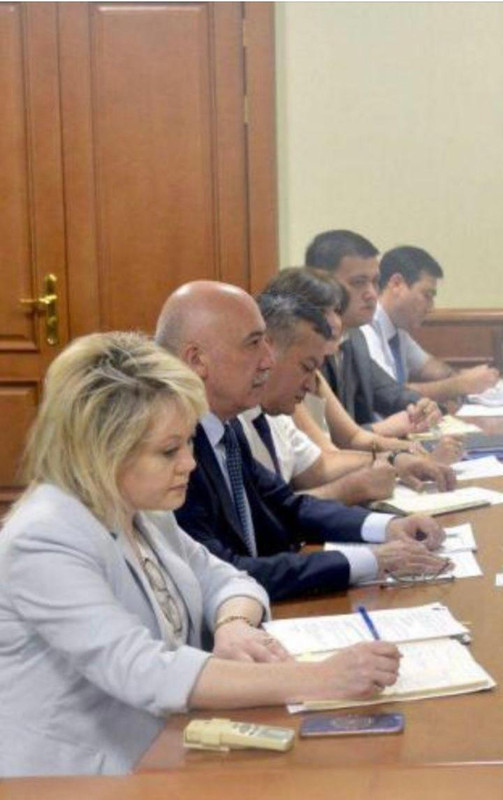The public procurement system in the Republic of Uzbekistan plays a crucial role in meeting government needs, enhancing the transparency of financial operations, and improving economic efficiency. In recent years, the procurement system has undergone significant changes aimed at optimizing processes, reducing corruption levels, and creating a favorable environment for competition among suppliers. We also sought expert opinion from Sarvar Mirzakhmedov, a member of the public procurement commission of the Ministry of Health.
“One of the most important aspects of the procurement system reform has been the introduction of an electronic tendering system, which has automated many processes and significantly reduced the human factor, thereby decreasing the risks of corruption. The electronic tendering system ensures transparency at all stages of the procurement process, from submitting bids to contract awarding and monitoring their execution. This has enabled open and fair competitions in the procurement system, in which both local and international companies can participate,” said Sarvar Mirzakhmedov.

According to the expert, foreign investors are also involved in fulfilling government orders.
Since June 2018, Sarvar Mirzakhmedov has been appointed as the head of the Investment Projects Coordination Department of the Ministry of Health of the Republic of Uzbekistan, where he was tasked with organizing the implementation of investment projects in the healthcare sector. Leading this department, he took on the responsibilities of coordinating the activities of 18 Project Implementation Groups in cooperation with international financial institutions such as the Asian Development Bank, the World Bank, the European Bank for Reconstruction and Development, the Saudi Fund for Reconstruction and Development, KfW, KOICA, JAICA, and others.
“An important feature of the new procurement system is the adoption of international standards and practices, which has increased the trust of foreign investors and lenders. In particular, special programs have been developed and implemented to attract foreign investments, aimed at improving the conditions for foreign companies’ participation in tenders. These programs include simplifying procedures, lowering barriers to market entry, and ensuring equal conditions for all participants. With my direct participation, a draft resolution of the Cabinet of Ministers of the Republic of Uzbekistan was prepared ‘On measures to implement the investment project ‘Healthcare Development’ with the participation of the Asian Development Bank.’ This project was aimed at improving the quality and accessibility of medical services for the rural population, with a focus on expanding services, particularly in the area of preventive work with the population and reducing the risk of chronic diseases through early detection.
As part of my duties, I was also a member of the tender commission of the Ministry of Health, where my role involved evaluating and comparing tender proposals, as well as making decisions on awarding contracts to the winning bidders,” he noted.
Ministries and other government bodies in Uzbekistan responsible for procurement play a key role in organizing and coordinating tenders. Their task is not only to conduct the competitions themselves but also to ensure transparency and fairness in the processes. One of the measures taken to increase the accountability of officials has been the establishment of independent complaint review commissions, which allow for prompt responses to possible violations and prevent abuses.
Significant attention is also paid to the training of qualified personnel who must be well-versed in all aspects of procurement in accordance with international standards. To this end, training sessions, seminars, and advanced training courses are organized, enabling specialists to continuously improve their knowledge and skills.